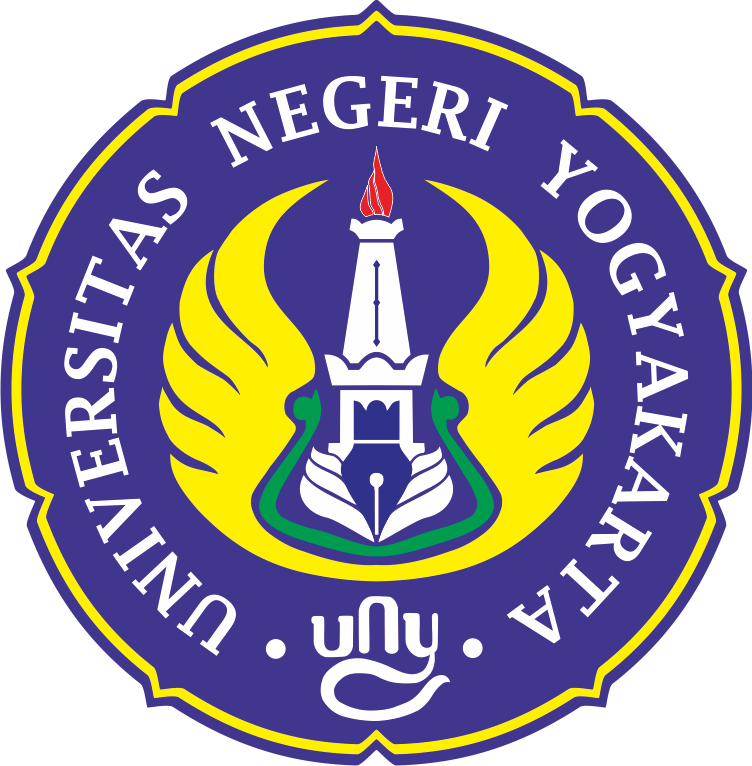 Fakultas Psikologi
Fakultas PsikologiUniversitas Negeri Yogyakarta
Jalan Colombo No. 1
Karangmalang Sleman, Yogyakarta 55281
Indonesia
Alamat surel: humas_fp@uny.ac.id, sekretaris.dekanfp@uny.ac.id
Instagram: @psikologiuny

Yogyakarta, October 15, 2025 — The Master of Psychology Program at Universitas Negeri Yogyakarta (UNY) organized a public lecture titled “Current Research Issues in Positive Psychology” at the Imam Barnadib Hall, UNY Graduate School. The event featured Dr. Nurlaila Effendy, M.Psi., Psychologist, Chair of the Indonesian Positive Psychology Association (AP2I) and lecturer at the Faculty of Psychology, Widya Mandala Catholic University Surabaya, as the keynote speaker.
The interactive lecture was attended by approximately 202 postgraduate students from the 2023–2025 cohorts of the Master of Psychology Program and 159 undergraduate students majoring in Clinical, Developmental, and Cognitive Psychology. Faculty members and administrative staff from the Faculty of Psychology UNY also participated. The high level of enthusiasm throughout the session reflected UNY students’ eagerness to broaden their academic and research perspectives in applied psychology.
The event was officially opened by Dr. Rosita Endang Kusmaryani, M.Si., Vice Dean for Development, Cooperation, Information Systems, and Business Affairs (PUK) of the Faculty of Psychology UNY. In her opening remarks, she expressed her appreciation for the event, emphasizing its role in enriching academic knowledge and expanding scholarly networks among graduate students.
“Positive psychology plays a vital role in shaping a generation of scholars and practitioners who focus on human strengths, happiness, and well-being. I hope this lecture will serve as an inspiration for all of us,” she stated.
This public lecture was designed as an interdisciplinary learning platform to strengthen the integration between theory and research in positive psychology within UNY’s academic environment. Through the program, students are expected to gain insights into current research trends and opportunities that align with social developments and the need for psychological well-being in Indonesia.
In her presentation, Dr. Nurlaila elaborated on the historical evolution of positive psychology—from the foundational ideas of Martin Seligman, Mihaly Csikszentmihalyi, and Ed Diener, to the development of the four waves of positive psychology.
The first wave focused on happiness and positive emotions (being),
the second wave emphasized balance between positive and negative aspects (inter-being),
the third wave opened cross-cultural and social perspectives, and
the fourth wave highlighted ecological well-being and the sustainability of non-human life (beyond the human).
According to her, this latest direction underscores the growing relevance of positive psychology to global challenges such as environmental crises and inclusive social well-being.
In the research segment, Dr. Nurlaila shared findings from an international study conducted in collaboration with researchers from Indonesia and Turkey, focusing on the concept of flourishing—a state of optimal psychological well-being. The research revealed cross-national differences in well-being levels and highlighted the importance of contextualized approaches to measuring happiness. She also introduced several well-established instruments, including the PERMA Profiler, Flourish Scale, and MHC-SF, which assess positive emotions, engagement, relationships, meaning, and accomplishment.
In the context of education and organizational settings, the speaker encouraged participants to apply principles of Positive Organizational Scholarship (POS) and Positive Leadership, which foster positive work climates grounded in trust, meaning, and appreciation. She presented examples of international practices such as Action for Happiness, Positive Coaching, and Mindfulness-Based Strengths Practice (MBSP), which have been shown to enhance well-being and productivity in professional environments. These approaches, she noted, align closely with Indonesia’s Merdeka Belajar (Freedom to Learn) initiative and the promotion of psychological well-being within educational institutions.
In closing, Dr. Nurlaila emphasized the importance of collaboration among universities, professional associations, and community organizations in advancing the positive psychology movement in Indonesia. Through AP2I, she reaffirmed her commitment to promoting research, training, and scientific publications that emphasize happiness and meaningful living.
“We need to build happiness literacy so that well-being becomes not only an academic concept but a way of life. Students, in particular, are the agents of cultural transformation in Indonesia,” she concluded.
This public lecture served as an important milestone for the academic community of UNY Psychology in deepening their understanding of positive psychology while strengthening national and international academic networks. The event not only enriched students’ theoretical knowledge but also fostered motivation to actively contribute to building a more meaningful, healthy, and flourishing society—at the individual, organizational, and communal levels.
(Reported by: Kumala Windya R.)

 Fakultas Psikologi
Fakultas PsikologiCopyright © 2026,
